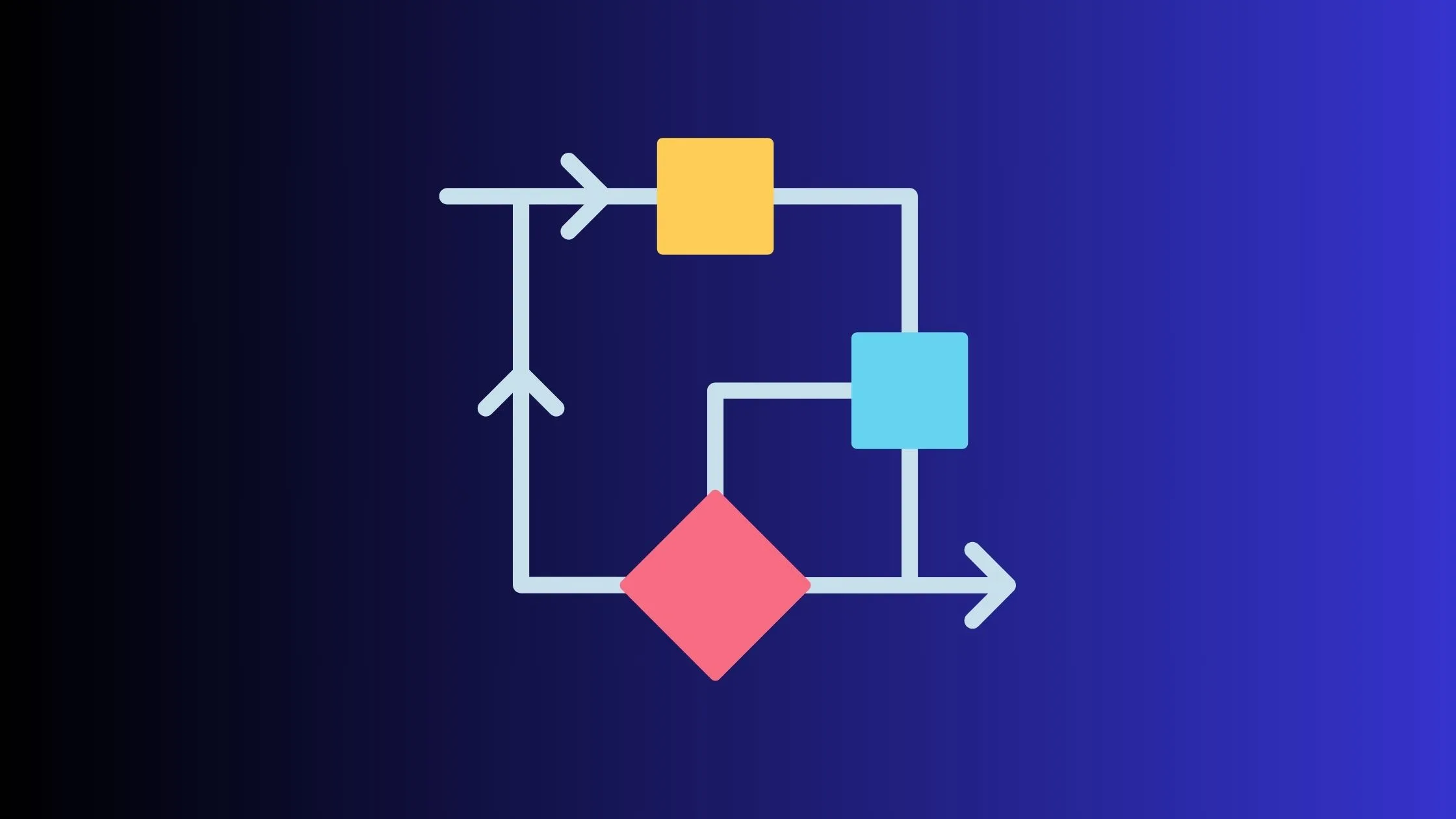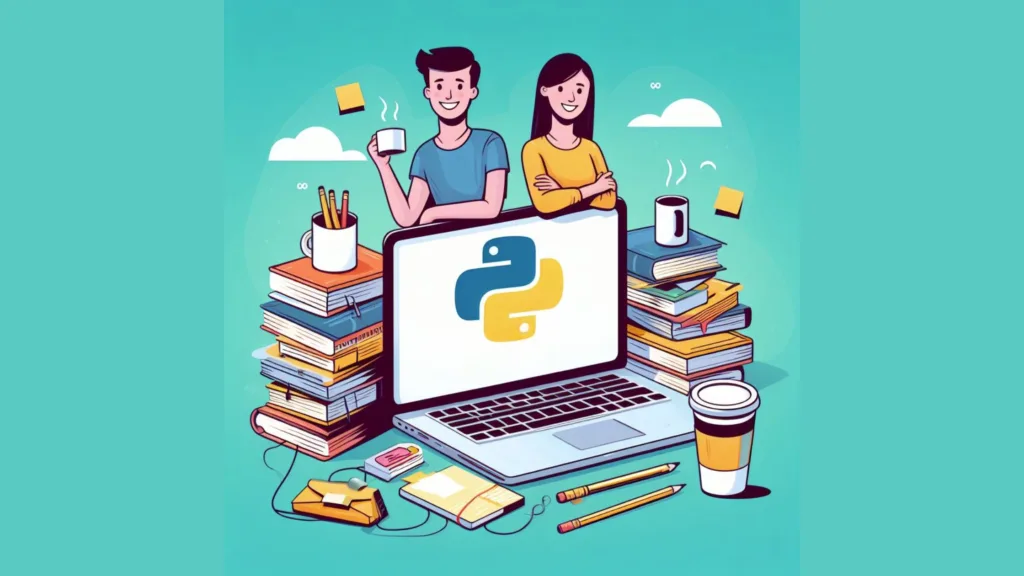Here are some interview questions on Python’s control flow methods, along with sample answers. These questions focus on if-else statements, loops (for and while), and control flow keywords (break, continue, pass).
Questions and Answers
Q1: Explain the difference between if, elif, and else in Python.
A1:
if: Checks a condition and executes the block of code under it if the condition is True.elif: Stands for ‘else if’. It checks another condition if the previousifcondition is False.else: Executes a block of code if none of the previous conditions are True.
if x > 10:
print("x is greater than 10")
elif x == 10:
print("x is equal to 10")
else:
print("x is less than 10")Q2: How does a while loop work in Python?
A2: A while loop executes a block of code as long as a condition is True.
count = 0
while count < 5:
print(count)
count += 1Q3: When would you use break and continue in a loop?
A3:
break: Exits the loop completely when a certain condition is met.continue: Skips the remaining code in the current iteration and moves to the next iteration.
for i in range(10):
if i == 5:
break
print(i)
# Output: 0 1 2 3 4
for i in range(10):
if i % 2 == 0:
continue
print(i)
# Output: 1 3 5 7 9Q4: What does the pass keyword do?
A4: The pass keyword is a null operation. It serves as a placeholder where syntactically some code is required but where no action is desired or necessary.
for i in range(3):
if i == 1:
pass
else:
print(f"Not passing on {i}")Q5: What is the difference between a for loop and a while loop?
A5:
forloop: Iterates over a sequence (list, tuple, string, etc.) and executes a block of code for each item in the sequence.whileloop: Executes a block of code as long as a condition is True.
# for loop
for i in [0, 1, 2]:
print(i)
# Output: 0 1 2
# while loop
i = 0
while i < 3:
print(i)
i += 1
# Output: 0 1 2I hope these questions and answers help you prepare for your Python interview!




